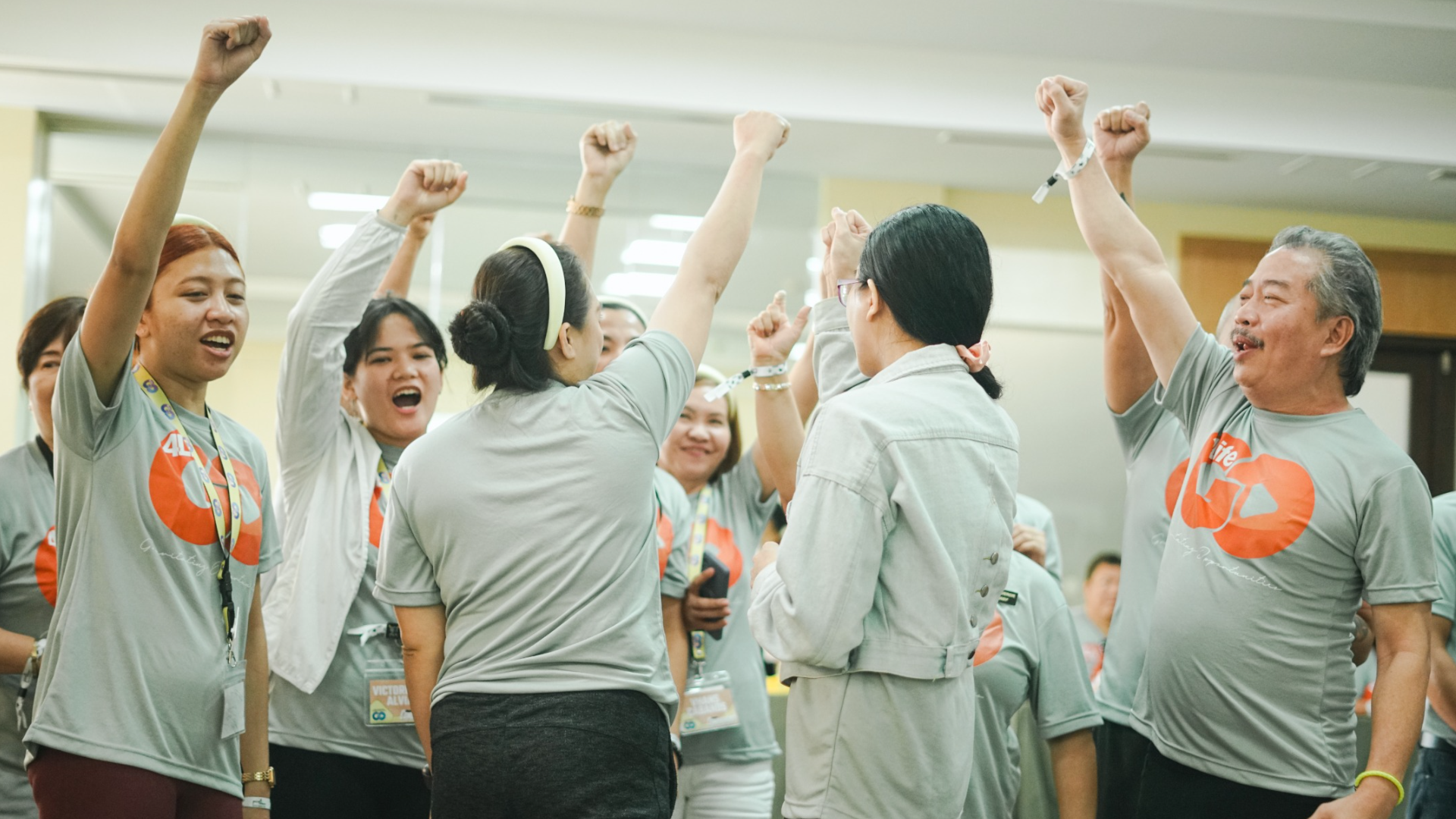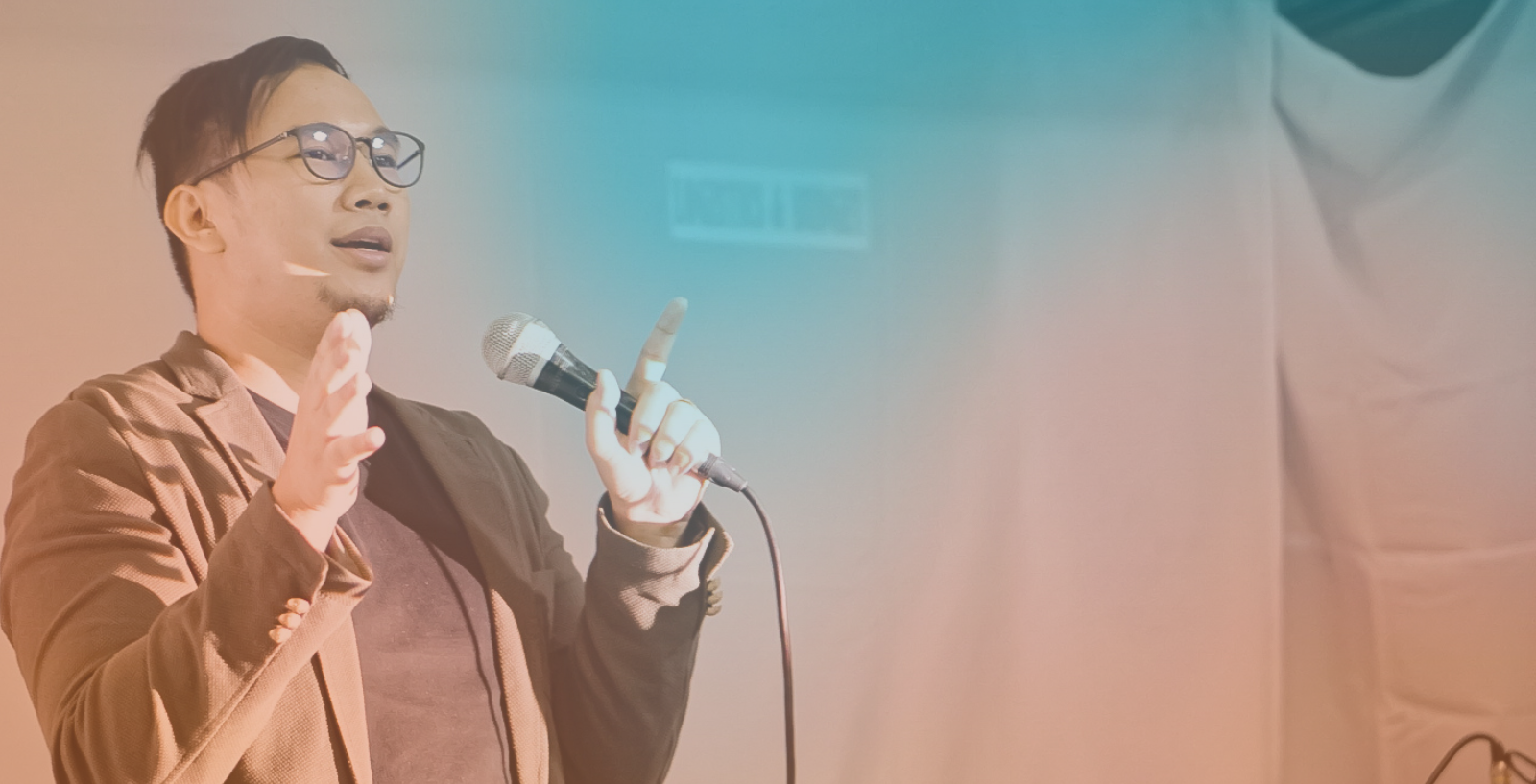Written by Norman Cacanindin, MBA
Do you remember the first leadership role that you took when you were young?
I remember being elected as the class president way back when I was in first-year high school. I don’t want you to get the wrong impression. But I only got the position because my friends had set me up.
Out of all the classes in 1st year, our section was the nosiest. This is because I never took the initiative to tell my classmates to be quiet. I just let them run wild. At first, they loved it. But later on, some of my responsible classmates noticed it.
Then, they agreed to impeach me and elect a new president, someone who was more deserving. It is funny to say that the people who elected me to be in the position also took away my power. At that time, I felt a mini coup d’etat in the classroom.
On the bright side, they gained a sense of unity by working toward a common goal of overthrowing their irresponsible president. And guess what? They succeeded and later gained their freedom and independence that day.
I was reflecting on my experience, and I learned that in an organization, most of the power comes from the members and not from the leader. When they feel that you are not doing your job as a leader, they may work together and overthrow you, just like what happened to me when I was their president.
John Maxwell (1993), in his book “Developing the Leader Within You,” shared the 5 Levels of Leadership:
- Position – people follow you because they have to
- Permission / Relationship – people follow you because they want to
- Productivity – people follow you because of what you have done for the organization
- People Development – people follow you because you reproduce leaders
- Pinnacle / Significance – people follow you because of who you are
In John Maxwell’s context, I was only at the 2nd Level of Leadership, Permission. Most of my classmates entrusted me to be their leader because I had been friends since elementary school.
However, I failed to produce results for the organization. Hence, I got impeached in the process.
In 2016, I joined Toastmasters International because I wanted to work on my communication skills. It is a non-profit educational organization that teaches public speaking and leadership through a worldwide network of clubs with over 352 000 members and 16 400 clubs worldwide.
With my dad's influence, I joined a club near me in Lipa, Batangas. We conduct meetings twice a month in a cozy café. I have been surrounded by college students, corporate executives, accountants, restaurant owners, former politicians, teachers, school owners, and other young professionals in Lipa who wanted to improve their communication and leadership skills. And I became good friends with them.
Then 2 years later, this 2018, I became the president of our club - I am the youngest ever in our area and probably one of the youngest in the country or even around the globe! I would not be surprised if there would be another coup d’etat behind my back one day.
Kidding aside, in my four months of being president, I learned one important element of leadership that helped me become a more mature leader than I was before.
“Respect.”
Respect for yourself.
Respect for your team.
Respect for your members.
If you are able to respect those three, the rest will follow. It’s not about age, position, or status. It’s all about “Respect.”
When I was the class president, I failed to understand this element. I never respected myself because I never wanted the position in the first place. I never respected the organization because I didn’t care, and I just minded my business. I never respected my classmates because sometimes, I would be the one to start the ruckus in the room while making fun of someone.
Today at 20 years old, I can say that I’m one of the youngest presidents in a Toastmasters club. I can assume the reason why they chose me is because of the relationship that I have built with them through the years.
Last year, our former club president made a history of achieving “The President’s Distinguished Club,” the highest award a Toastmasters club can achieve within a year. I will be honest in saying that I am feeling the pressure. But this is a good opportunity for me to move to the 3rd Level of Leadership, which is Productivity, and do what I failed to do back then.
The new president's challenge is keeping up with the previous president’s performance. I have looked for opportunities to improve our club. One way is to tap the digital platform and use it to increase our membership base. As of now, I’m studying digital marketing to increase the online presence of our Toastmasters club.
I created online surveys to know the market of people who can join and segment them in terms of age, occupation, and geographic factors and align our promotions with the characteristics of the respondents. Increasing our online presence gives us better chances of increasing potential members, which is what we need right now to keep up with last year’s performance.
Just as Sun Tzu said in The Art of War, “Knowing the enemy is winning half the battle.” I have identified the problem with my previous leadership style: delivering performance and results for the organization. I may still have a long way to go, but now I know where to start.
Some may say that I’m too young to lead experienced professionals. Some people may think that they’re too old to follow their dreams. But leaving all excuses aside, Mark Zuckerberg created Facebook when he was only 19, and Colonel Sanders founded KFC when he was around 40. Leadership is never defined by age. Always remember that you are never too young or never too old to make a difference. With God’s amazing grace, everything is possible! - Norman Cacanindin, 2019
-------------------------------------
NORMAN CACANINDIN is a young leader who earned a degree in Marketing Management from De La Salle Lipa and a Master's in Business Management from the same school. He became the President of Toastmasters Metro Lipa. Now, he is one of the speakers of Mzone Training under the Underdog Leadership and "Ang Mahalaga Bumangon Ka" Program.




